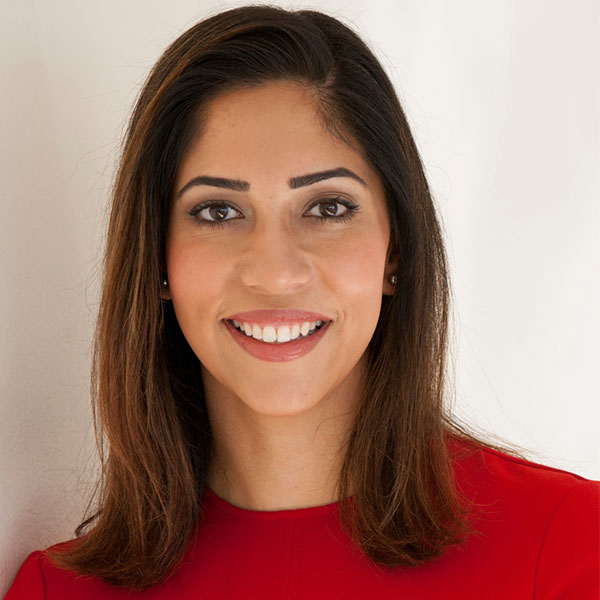Feature | Lessons Learned From COVID-19
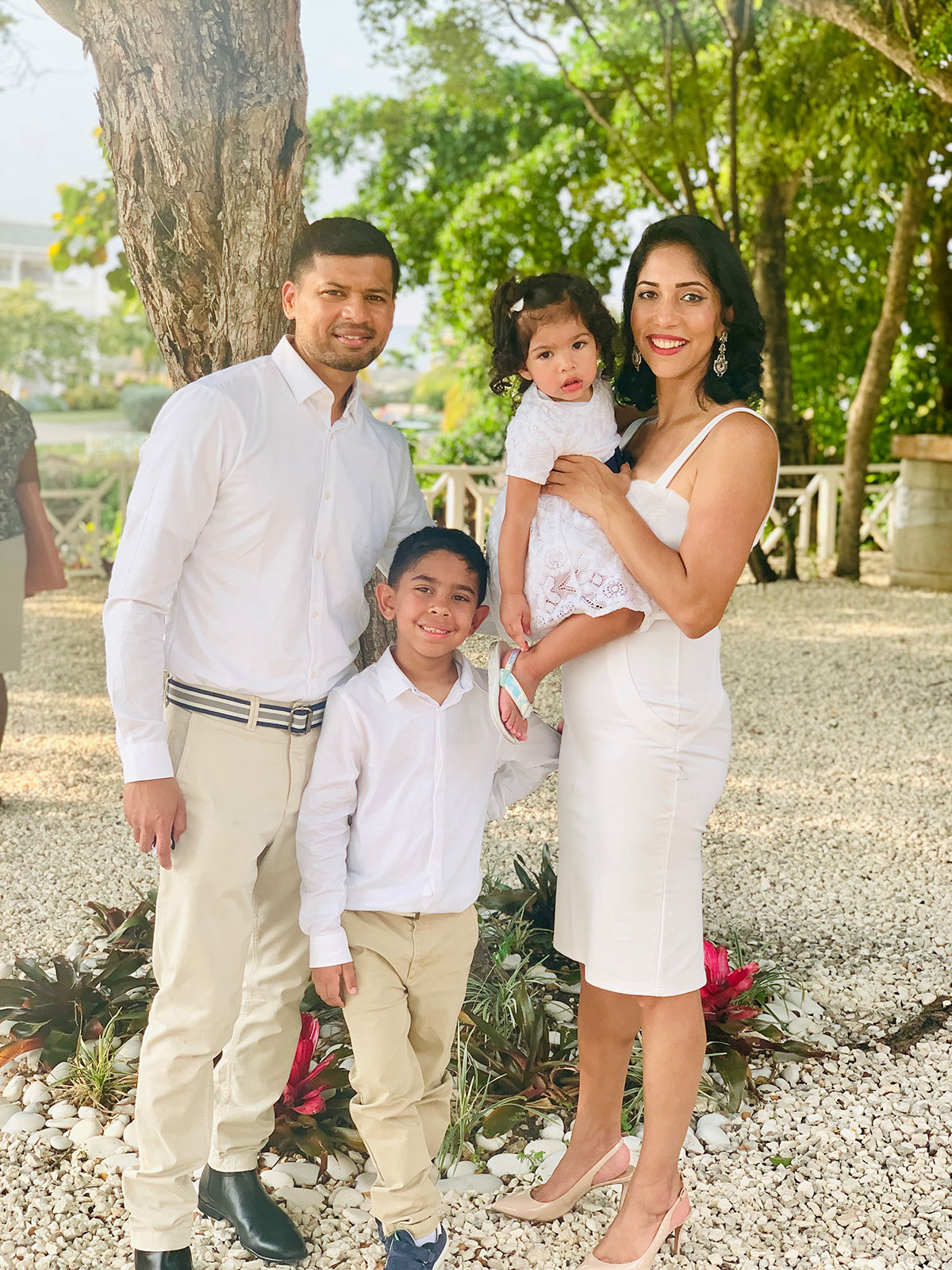
FEATURE | I am currently a pediatric cardiologist at Morgan Stanley Children's Hospital/Columbia University Irving Medical Center in New York City, and my husband is an adult heart failure specialist at Montefiore Medical Center in Bronx, NY.
Together, we are trying to juggle the care of my 7-year-old son and 2-year-old daughter while working during this pandemic.
Given the need for social distancing and not wanting her to get sick, we asked our nanny not to come beginning in the middle of March. We were able to do this only because our work schedules had become more flexible with scaling down of clinical procedures and office visits at the New York hospital centers.
Since then, we have been alternating the best that we can so that one of us is always home to watch the kids.
The struggle is real!
With homeschooling, it is not uncommon to have up to six or seven assignments resulting in four to five hours of schoolwork to get through in a day. My son is in the 2nd grade, so not quite independent yet, and it takes constant reminders to get things done.
Add in a 2-year-old running in and out, work calls and arranging for food, it can be unbearable at times. My daughter is parked in front of the TV for many hours of the day now, as there is no other way to maintain my sanity and get schoolwork done.
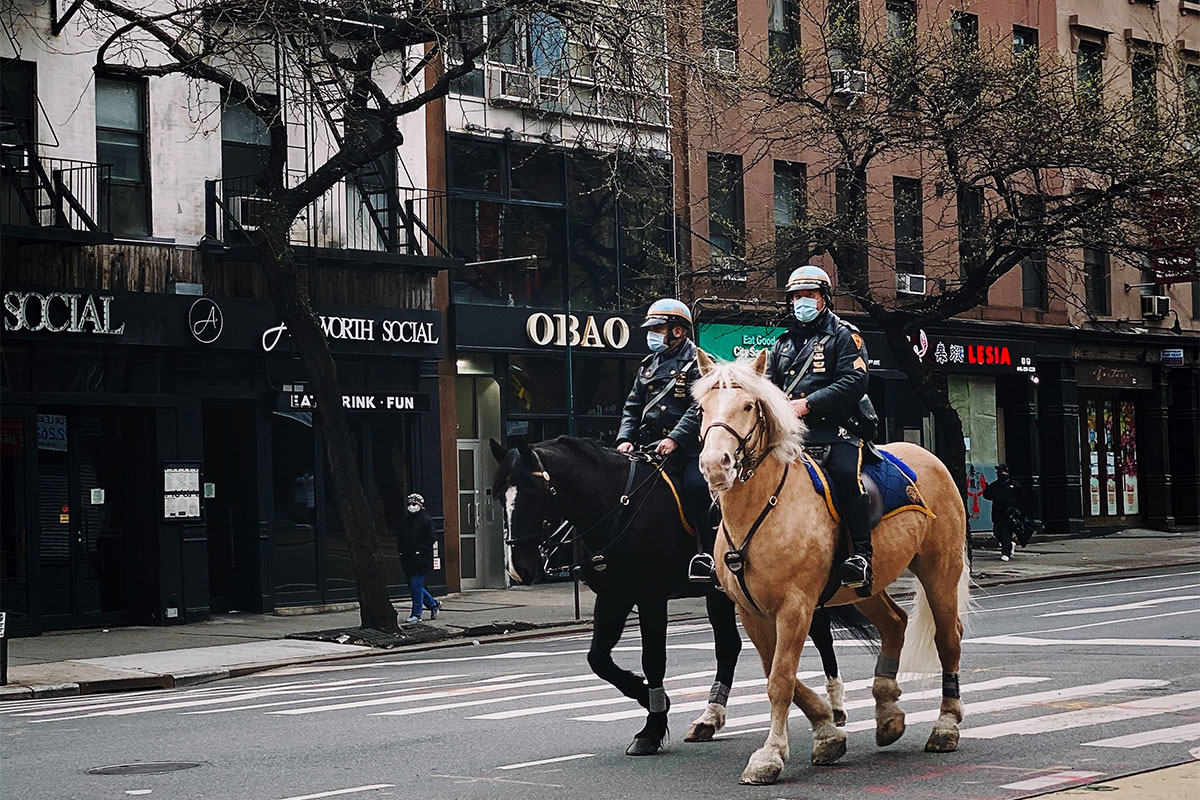
This situation would be a lot to handle for anyone, and then there is the underlying constant stress of the pandemic. The fear, especially when we were not yet at the peak in New York City, of contracting the virus for either one of us was truly terrifying.
We kept imagining being one of those physicians who tragically dies from a severe case of COVID-19, leaving our family behind. The psychological burden of thinking about this was exhausting.
My father passed away suddenly less than a year ago from a myocardial infarction, and my mother now lives alone in Brooklyn. We are still very much mourning his loss and adjusting to her being alone.
The sadness of now having to social distance from her and to know that she is even more alone is devastating, and I have to avoid thinking about it. She has been stronger than anyone I know, but it just feels like we cannot catch a break.
It will be a year this month that my dad is gone, and it is an emotionally challenging time for us. Anyone who has lost someone very close to them can relate.
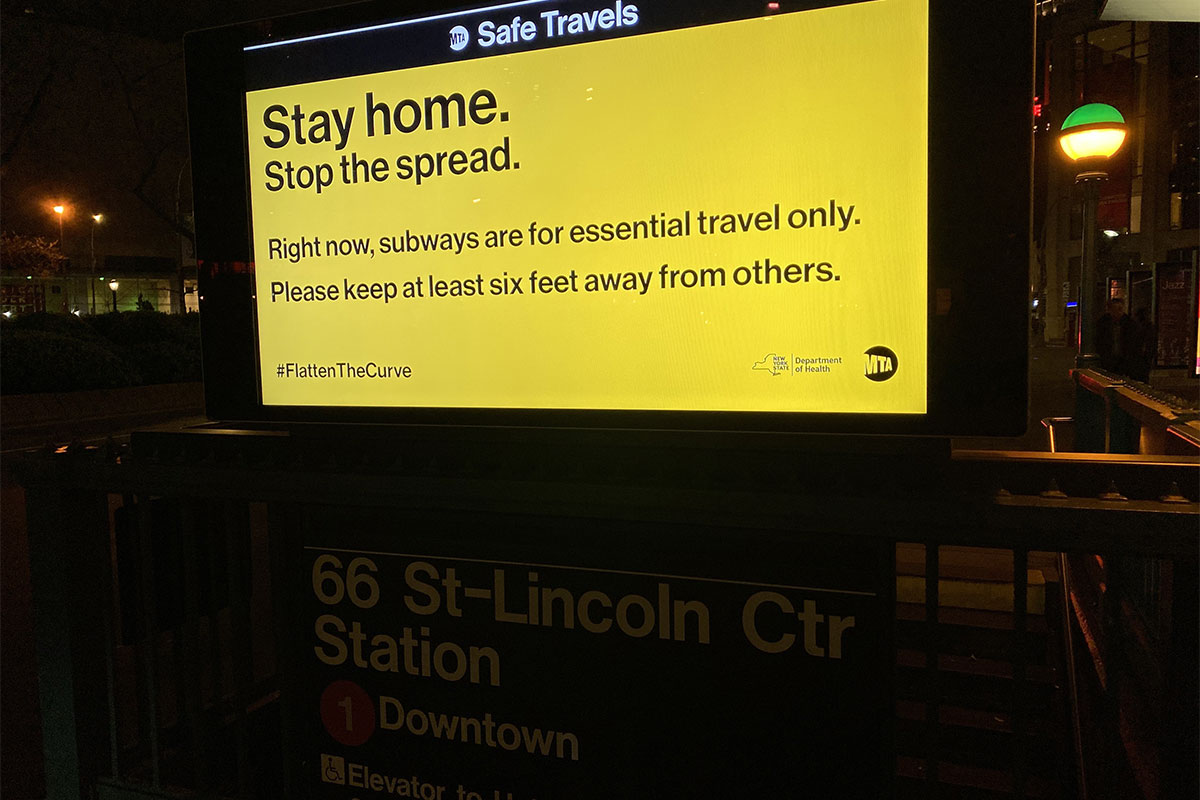
The world being turned upside down, on top of all the deaths in New York, only worsened the bleakness of this time.
My mom worries for us as she knows that we are both at risk of contracting the virus. My son worries; he knows when I am on call and have not come home at his bedtime that I am caring for patients.
He asks my husband about me constantly and is relieved to see me in one piece the next morning. We rush in after seeing patients and head straight to the shower. Early on, there was much conversation about whether we would be redeployed.
The uncertainty of this was so anxiety provoking, likely more so than the actual redeployment.
My husband cares for COVID-19 patients in the CICU when he is on service and I am caring for patients on the pediatric side, but we have not been redeployed to the front lines.
Hearing the stories of our colleagues, friends and our trainees who have been there, it is unsettling and disturbing to say the least.
Despite all these responsibilities, there is pressure for academics to continue to produce during this time. There is almost a frenzy to publish some information about COVID-19.
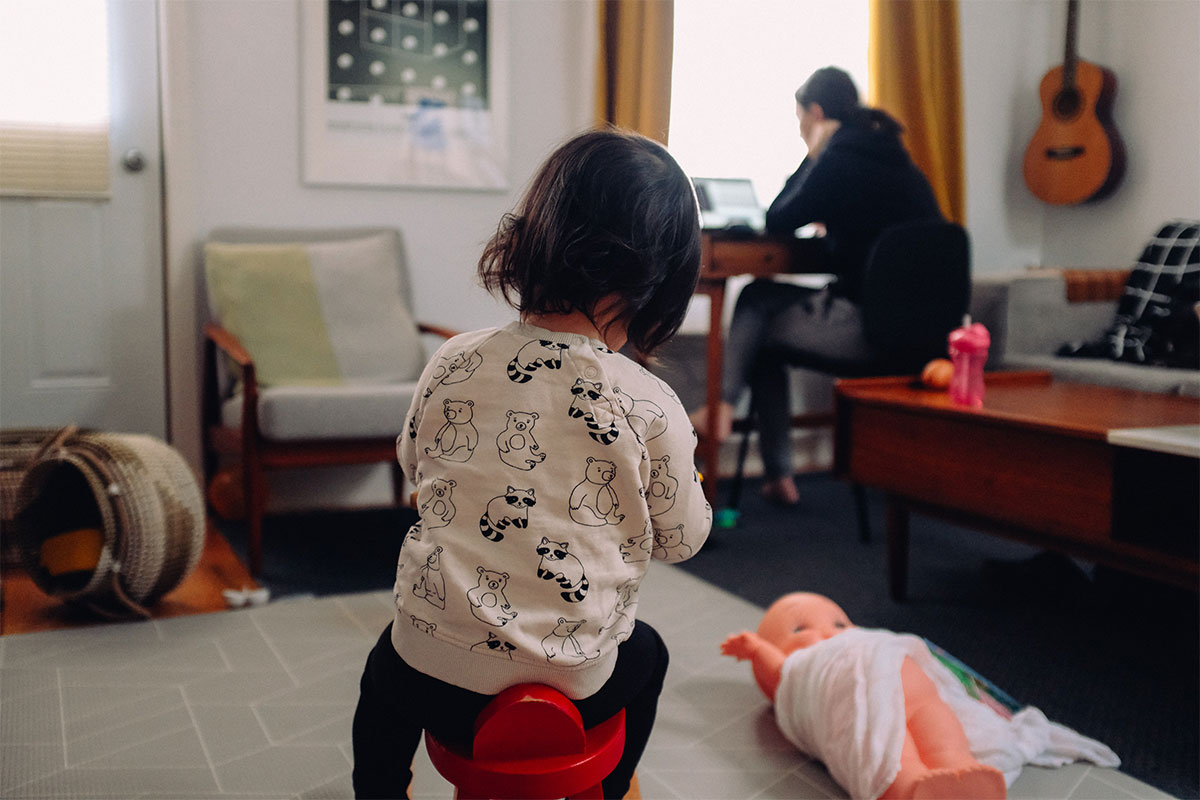
My husband and I live in an apartment in New York City, and it is quite challenging to get away for a bit to do some work.
We ended up taking turns going to the car – parked downstairs – for a few hours at time to make some progress. I then cleaned out our front coat closet and fit a chair and foldable table in it.
(I am writing to you from the closet right now! The kids have no idea where I am, and I still have WiFi!)
Everyone keeps talking about wellness and engaging in healthy activities. My husband and I enjoyed being active, going to the gym and practicing yoga.
As much as we try, all of this has come to a halt. In the setting of exhaustion from the children, the depressing state of the world and trying in some way to keep up academically, we just cannot manage it.
We recently ordered an in-home bicycle to make another attempt and it will be here in two months due to the backlog of orders.
Our respective supervisors and institutions have been overall supportive, and my chief acknowledges the fears and stresses that we are all facing for all different reasons. This has been a significant source of strength for us as we try to manage everything.
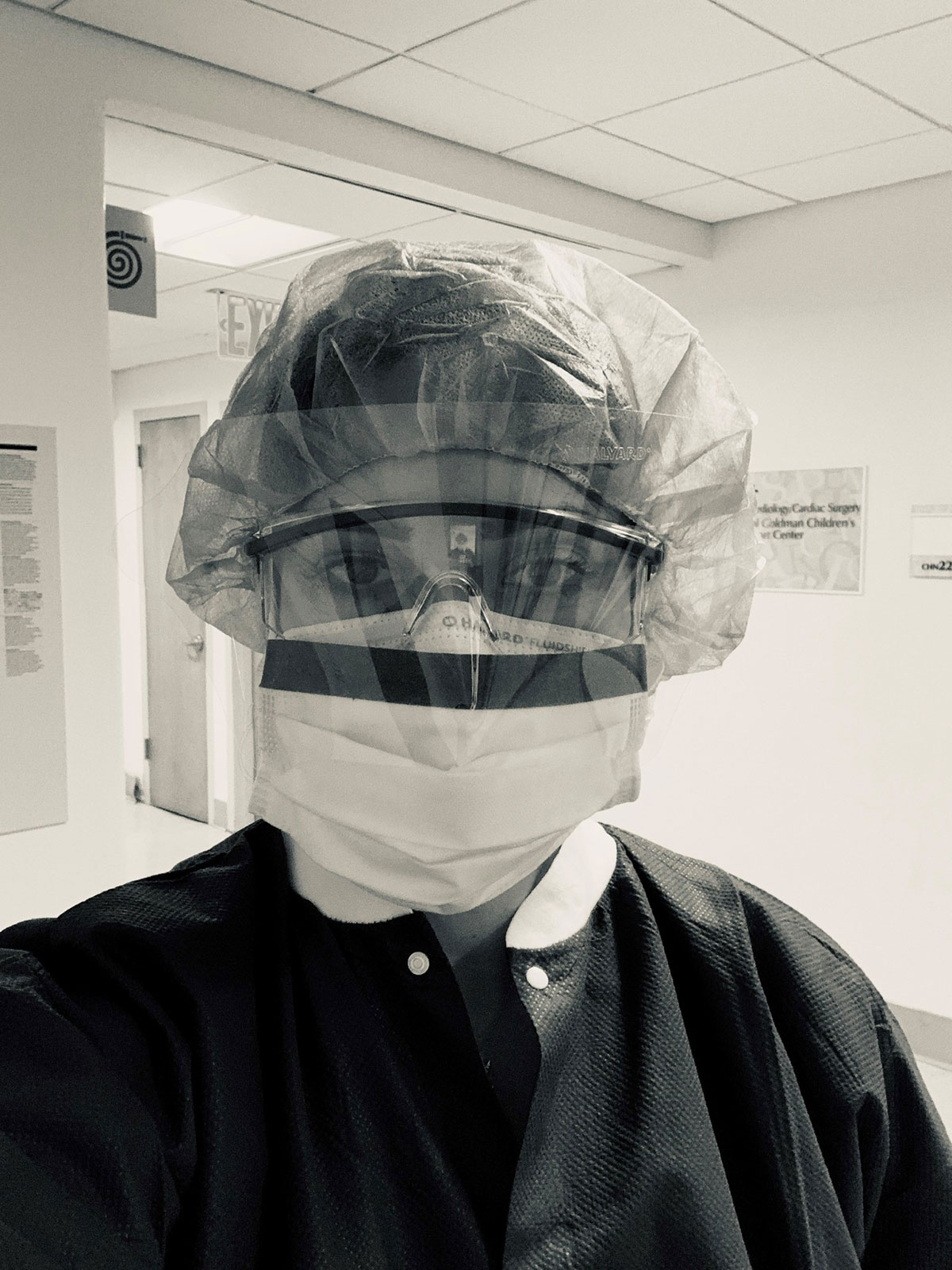
For my family, as for many so other families, the contribution of emotional load from of all the different components of our lives adds up to quite a sizable weight to bear. We are encouraged, in some respects, by the ability of managing our lives in totality, including caring for the kids.
It is unheard of that for almost two months, the only people they have interacted with in person is us!
Due to our busy work schedules, we aren't able to be as present in their lives like we currently are. This has been rewarding in many ways and it is hard to imagine such an arrangement arising in many given scenarios.
Being with them – just the four of us and for many weeks – gives us such a complete look into their lives! To be honest, if anyone asked me if we would be able to juggle everything that we are right now, I would have said, "Of course not!"
We continue to be thankful that we and our families have our health so far, jobs and food on the table. We know many families have lost much of this during the pandemic.
We are taking it day by day and relying on the slivers of positivity that we can muster together to get through this emotionally draining, yet simultaneously and strangely rewarding, period of our lives.
